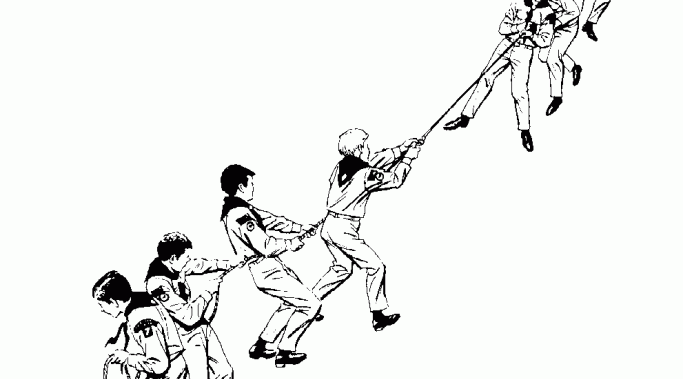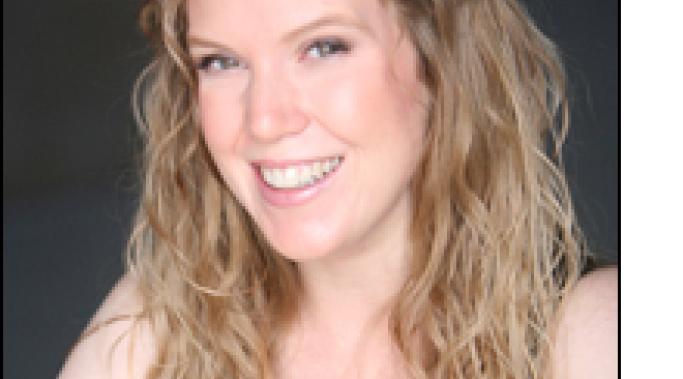Well, I know you're not doing it for the money, the fame, or for an easy ride. Treating eating disorders is tough, and I admire those who take this up as a profession SO MUCH.
treatment
Family-Based Maudsley Therapy Is Not a Do-It-Yourself Approach
There is a mistaken idea out there that Maudsley treatment for eating disorders is something parents can just decide to do without professional support. While I know families who do take on the re-feeding (weight restoration) responsibilities, I think it is important to keep in mind that this is only one part of the approach, and why it works well for so many families.
"It's all about control."
Not really. In fact, eating disorders are better described as being controlled: by thoughts and compulsions that lose all relationship to reality. Eating disorders take control of the person and the family. But how does one take control away from the anorexia or bulimia or binge eating and get normal life back? First: figure out who is in charge.
There is a sad and self-fulfilling myth out there that you can't completely recover from an eating disorder. We have to fight this pessimism!
Good Question...Complicated Answer
As a big fan of evidence-based treatment of illness, the first question I get is "what does that MEAN?"
A lot of people seem to think that "re-feeding" is just for treatment of anorexia. I'd like to argue for a different way of looking at weight restoration and nutrition for all eating disorders.
I encourage parents to step up early and with urgency when a child has an eating disorder. Sometimes, for various reasons, this encouragement gets me into trouble.
I'm an optimistic person and an activist by nature. I'd rather talk about what we, as parents, CAN do than what NOT to do. But sometimes doing less is not only best, it is lifesaving.
What happens when a clinician tells our child to do something we don't agree with? This is confusing for children, at times, and for us! The reality is that when we take our child to consult with a professional, we are engaging in co-parenting at some level. Another adult is telling our child what to do. But, at times, these instructions are in opposition to our guidance, and that great friend of eating disorders -- triangulation -- gets a boost.
I just came back from the Academy of Eating Disorders international conference in Salzburg. To my chagrin, one thing I discovered is that eating disorder treatment professionals around the world can't agree on eating disorder terminology. They still use different terms to describe the same thing, and it makes discussing eating disorders very confusing.









